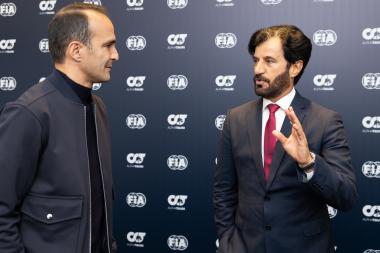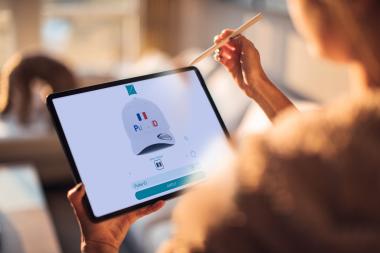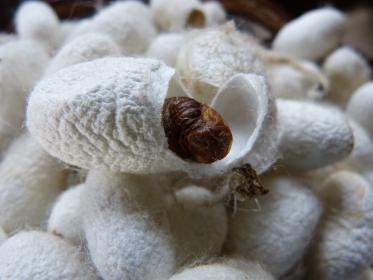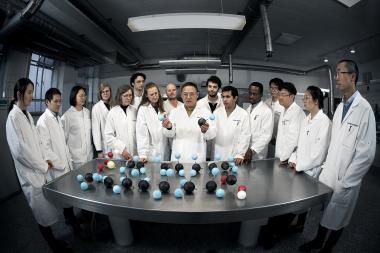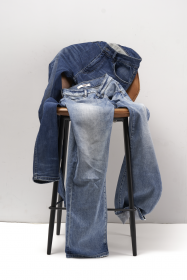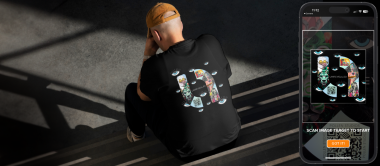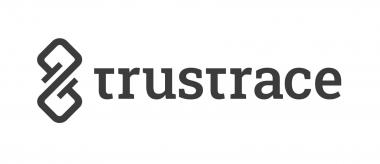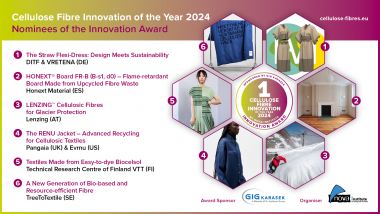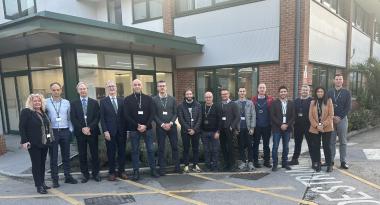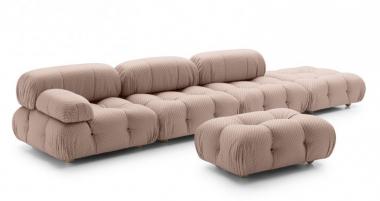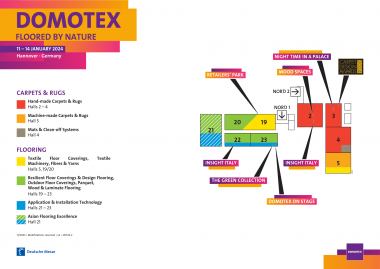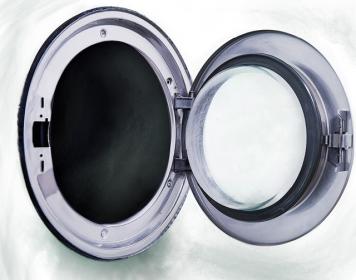AlphaTauri becomes the first Official Clothing Partner of the FIA
In the first partnership of its kind, AlphaTauri has joined with the governing body for world motorsport, the Fédération Internationale de l'Automobile (FIA), to become their official clothing partner.
Over this significant three-year partnership, AlphaTauri will equip all FIA staff with clothing and accessories, redefining how style and convenience intertwine with the world of motorsport. AlphaTauri will also be the official partner of the FIA Prize Giving Ceremony that is held once a year to honour the champions from every major branch of motorsports in a star-studded event. This strategic collaboration aligns two organisations that are deeply committed to innovation.
The partnership between FIA and AlphaTauri represents a fusion of automotive technology, high fashion, and the pursuit of excellence. It will transform the way FIA staff experience their roles while ensuring they maintain a distinctive and stylish presence.
AlphaTauri


